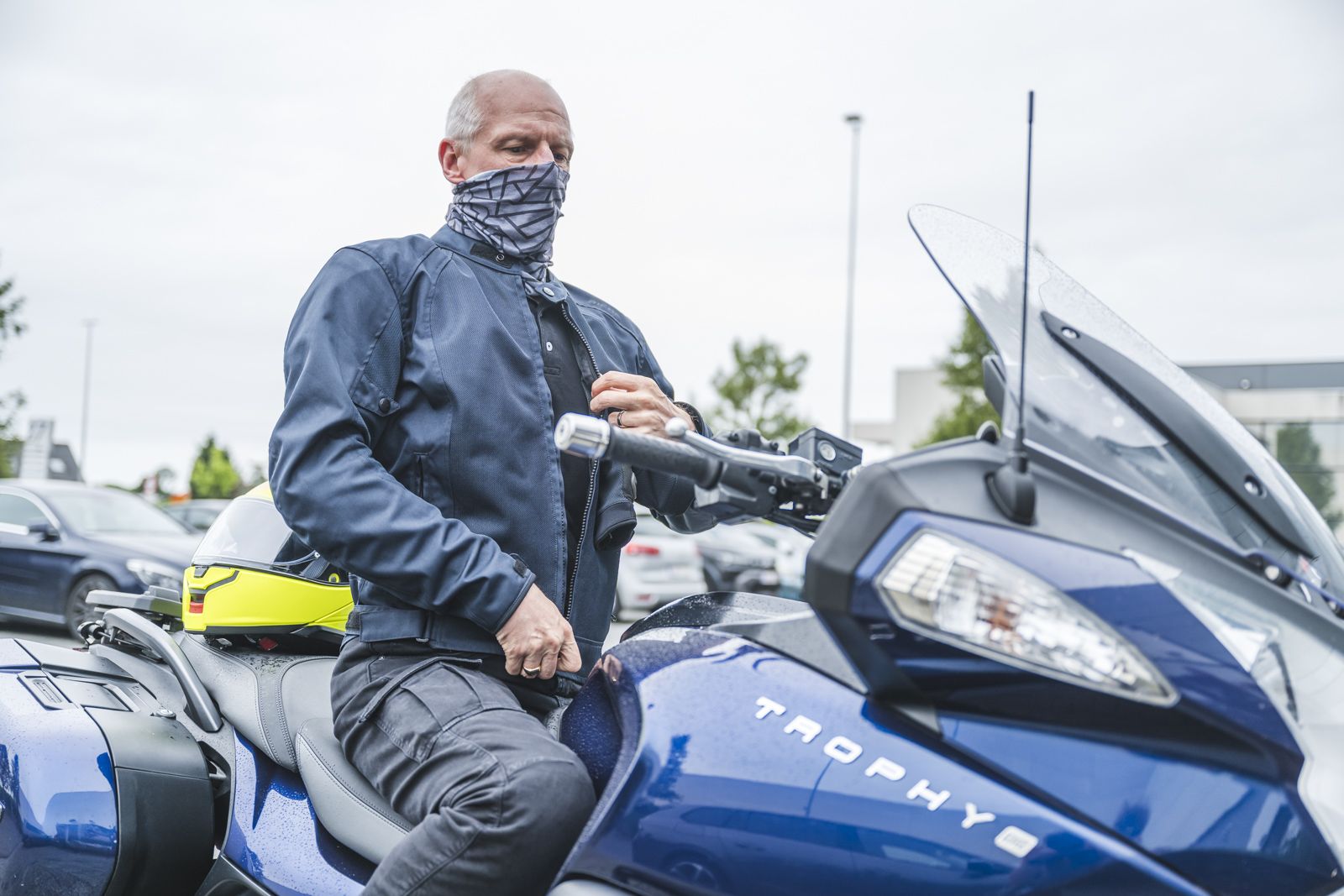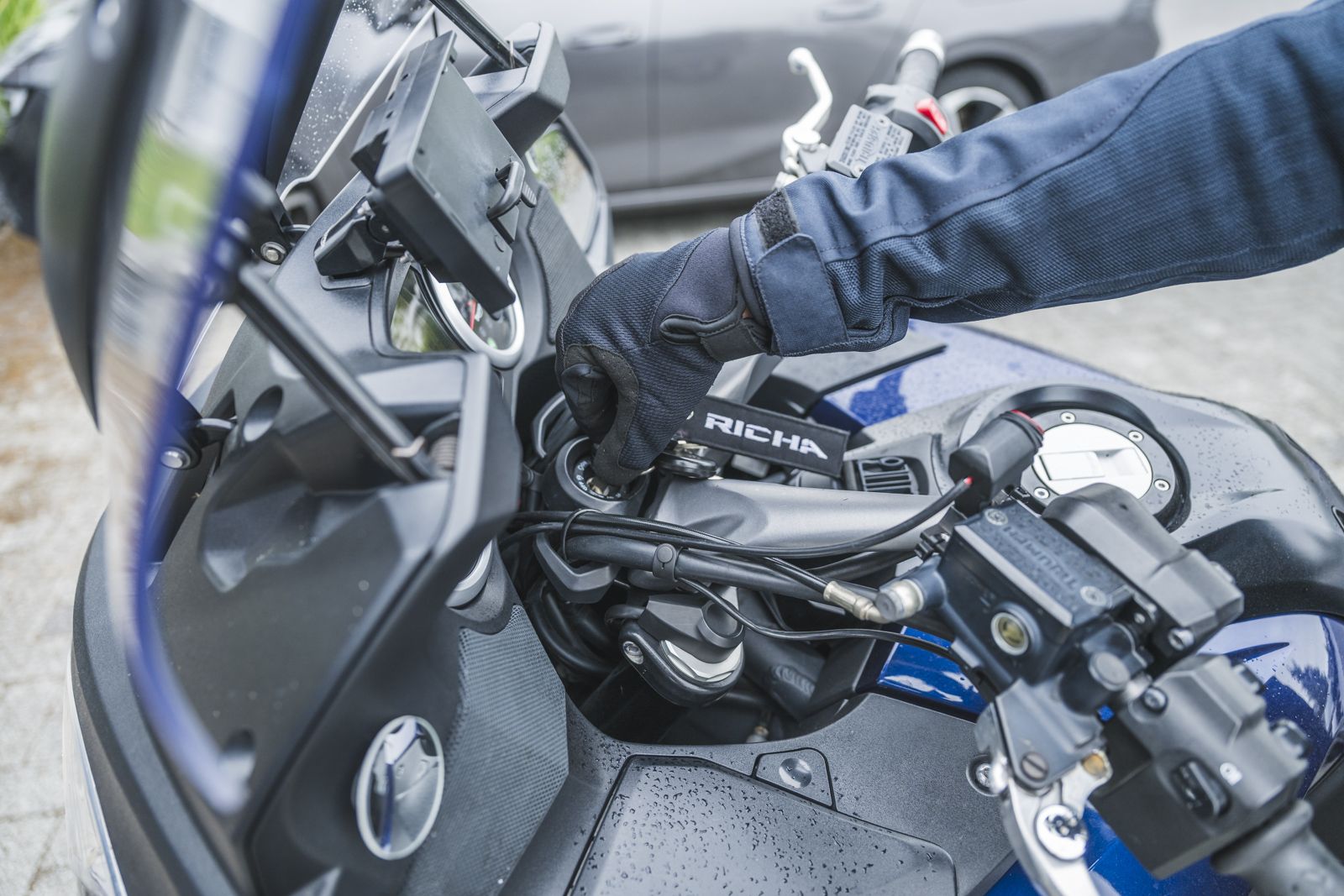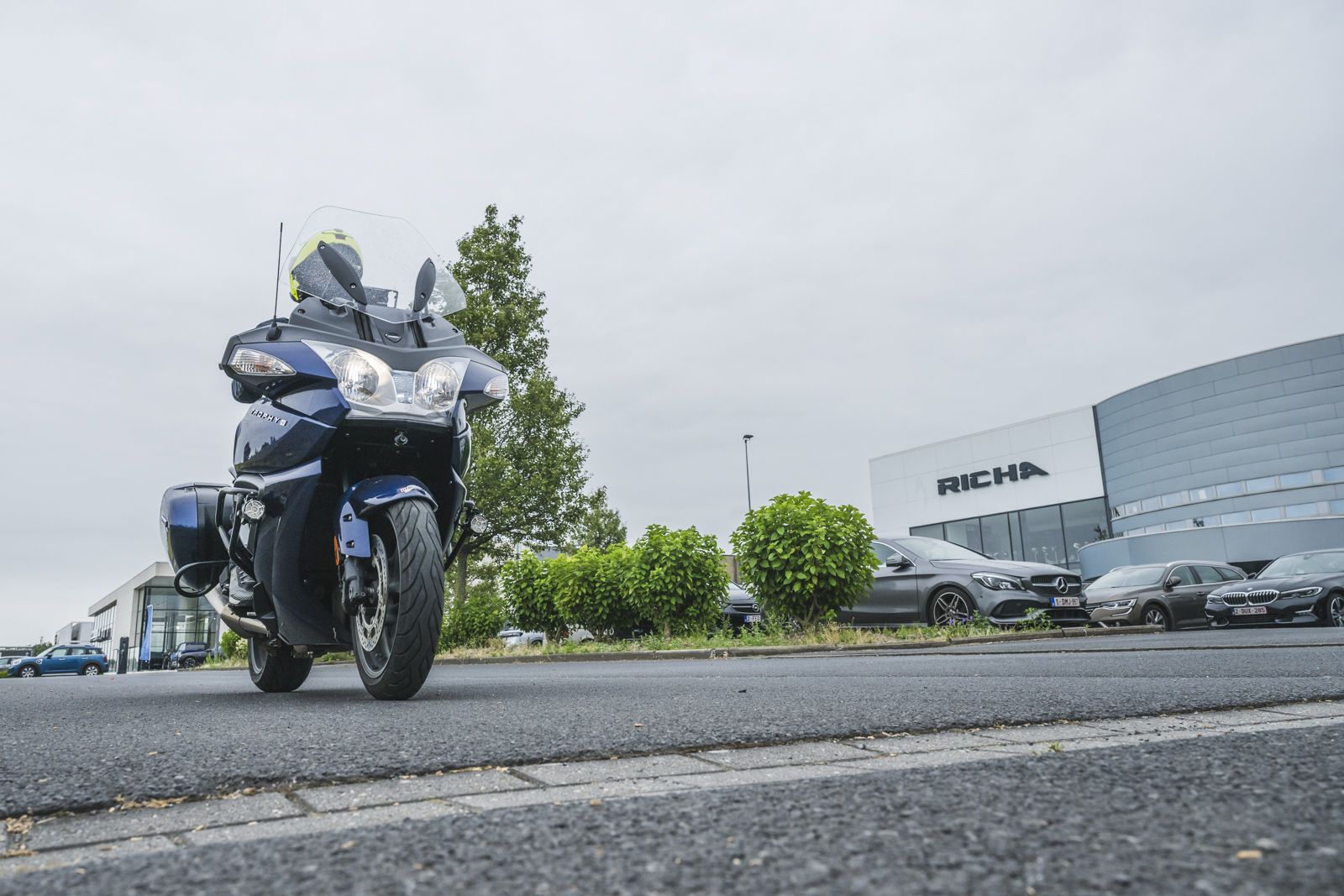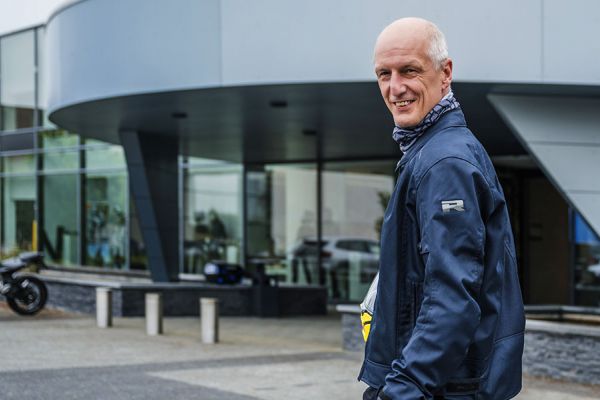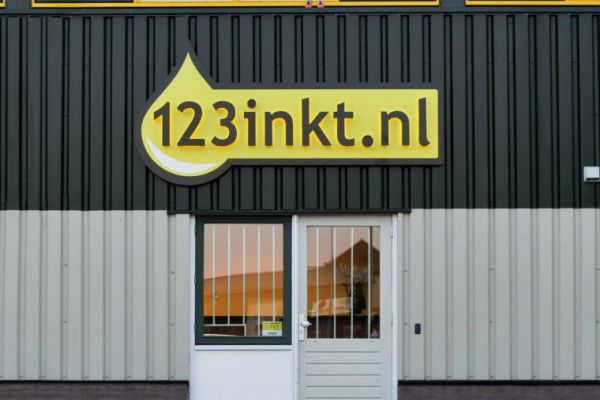From showroom to server: e-commerce in top gear at Richa
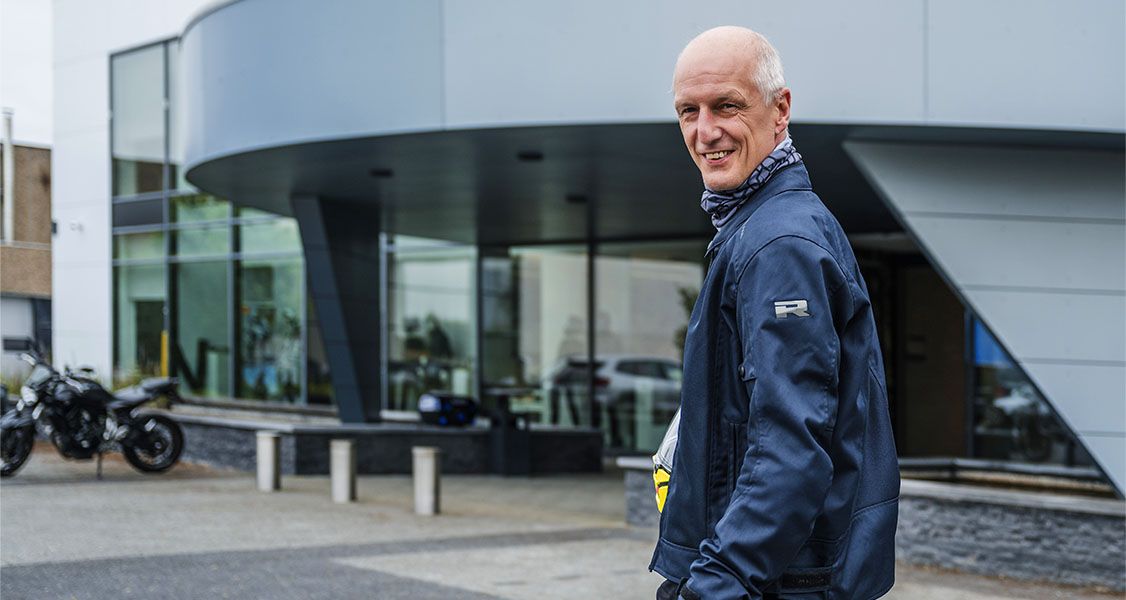
RICHA.BE
Richa is a well-established name in the world of motorcycle apparel. What began in 1952 as a Belgian manufacturer of leather gloves has grown into an international motorcycle clothing brand, now present in more than sixty countries. Richa is known for its combination of style, safety, and technical innovation — with partnerships that include GORE-TEX and D3O. Behind this international expansion and the brand’s digital transformation lies a stable and future-oriented IT infrastructure.
One of the key figures driving this digital transition is Kurt de Leeuw, E-commerce Manager at Richa — and, not coincidentally, a passionate motorcyclist himself. He began his career as an account manager but quickly became fascinated by the possibilities of digital technology. What followed was a self-taught journey into IT and e-commerce, bringing technology and commerce ever closer together. Kurt is both a thinker and a doer — someone who feels at home in the space between the motorbike, the data, and the customer. In that environment, speed is everything — and that also means having a partner who can move, adapt, and anticipate at the same pace. It’s exactly that agility that makes the difference between standing still and growing.
“If you want to grow, everything needs to move with you — systems, people, and your IT partner.”
Transition and scalability at Richa
That became clear soon after Kurt joined Richa in 2024. Both the B2B and B2C webshops were running locally on a single server — a setup that was neither scalable nor secure in terms of stability and data protection. The first step was to separate the two environments and migrate the B2C webshop to a dedicated server environment managed by Duocast. The B2B platform was moved to Microsoft Azure.
Although most of Richa’s turnover still comes from B2B, Kurt sees strong growth potential in the direct-to-consumer market. That potential, however, can only be realised with an IT infrastructure that is scalable, stable, and reliable. He’s currently working on expanding the product range, optimising product data, and launching targeted marketing campaigns. All these initiatives require an infrastructure that grows flexibly and reliably along with the business.
“It’s essential to rely on a partner who is not only available and solution-oriented, but also anticipates — even before a problem becomes visible to the client.”
Smart optimisations in retail and logistics
Before joining Richa, Kurt already played a key role at MKC Moto, part of the Richa Group. There, he achieved significant growth in a short time by implementing a series of quick optimisations — improvements in inventory management, linking online and in-store stock, adding local payment options, and activating dormant inventory. These quick wins led directly to measurable revenue growth.
The results demonstrate how valuable it is for an e-commerce manager to have a deep understanding of IT systems — it makes translating technology into business results much faster. Within Richa, Kurt applies the same pragmatic approach: no lengthy projects, but tangible improvements with immediate impact.
Managing complexity and dependencies
With systems such as ERP, PIM, CRM, and e-commerce platforms, Richa’s IT landscape is inherently complex. In this context, growth requires not just technical integrations but also clarity and flexibility in the infrastructure to enable fast response and coordination.
“A small change in one system can have unintended consequences elsewhere,” Kurt explains. He therefore advocates for more overview, ownership, and control — without consolidating everything into one central platform. “You have to spread risks, but keep coordination tight.”
Reliability as a prerequisite
For an e-commerce manager, reliability is key: without a stable digital environment, consistent growth simply isn’t possible. Issues with hosting, speed, or support must never hinder commercial ambitions. That reliability proves invaluable in a fast-growing, international e-commerce environment, where every interruption can result in direct revenue loss.


